If you’re in search of people to help promote the amazing things you’re doing, also known as a marketing agency, some of the agencies you may consider operate overseas. Others might recommend overseas teams for their lower rate, but what else should you consider? In marketing (and in life), money isn’t everything.
What is the difference?
Overseas agencies operate across borders and continents. Some have more localized teams in places with inexpensive labor, while others employ freelancers from the global market. However, they all have one thing in common—the creative employees doing the marketing are far away from you.
US-based agencies can operate on the local or national level, but the best agencies have employees gathered in one office location to optimize internal collaboration, to prioritize connection with their clients, and to work with speed and efficiency.
As you evaluate potential partners, consider advantages and disadvantages across five key areas—skills, teams, compatibility, flexibility, and cost. Your marketing partner can expedite your success, so make sure you’re empowered to find a team that aligns with your organization’s vision and needs.
Skills
Starting off strong with the most important question for an agency partner—do their skills and creative process match what your organization needs?
Overseas: Global agencies have access to the global talent pool. The larger the company footprint, the easier it is to find specific skill sets that match your needs. But overseas agencies are very task-based. To get anything done, you need to provide ALL the details (and we mean all), down to specific color codes or font sizing. That means more front-end work for you and no room for experimentation or creativity that could set your materials apart.
US-Based: In comparison, US-based teams are limited by employee location, especially if they have a single office. However, agencies are still selective about their talent pool and may choose either specialists or multi-talented employees based on their size and needs. Local agencies understand and remember your brand, so you don’t need to worry about the most specific details, and giving your agency creative freedom can create unique and remarkable results.
Teams
The structure and location of agency teams impact collaboration and communication efficiency. How are overseas and US-based teams structured differently?
Overseas: Overseas agencies often work with freelancers in several different countries. And while this allows for access to a broader talent pool, it also means that the people handling your materials aren’t in the same place. If the graphic designers are based in India, the copywriter is in Finland, and the project manager is in Bangladesh...the team can never discuss your materials, collaborate, or solve issues in a face-to-face or efficient manner.
US-Based: While the costs associated with an in-person team do contribute to higher hourly rates, US-based agencies with employees working in-office have significantly more opportunities for collaboration. That includes in-person issue resolution, chances to strategize, and easy communication to prevent hang-ups and reduce wait times.
Compatibility
Even if the teams you select have the technical skills you need, several other areas of alignment can cause significant issues. Does the team you’re considering fit your company culture and language?
Overseas: Compatibility is one of the biggest struggles when hiring overseas agencies or marketing professionals, and it’s usually due to one of two things:
- Culture fit—if your organization has specific values and goals—and we’re guessing you do—it can be difficult to find overseas agencies that align with your vision and will care about the things you do.
- Language fit—this might seem like a barrier you can overcome in the age of technology, but if you and the people doing your marketing work speak different languages...Google Translate may not be able to keep up (especially for technical marketing or industry-specific language).
US-Based: Compatibility might be the biggest draw of US-based agencies. In contrast to an overseas agency, a more local marketing team will align on those same two areas:
- Culture fit—any good marketing agency will take the time to understand your organizational needs and values, and they’ll strategize to reach your goals, keeping you and your mission at the forefront.
- Language fit—this one might seem a bit more obvious, but it would be very rare to find a US-based agency that doesn’t speak English. That means effortless communication, fewer misunderstandings, and easier onboarding for industry-specific language.
Flexibility
Location can affect the timeliness and availability of support and revisions from your marketing agency. Does your marketing partner’s schedule for making changes align with your organization’s needs?
Overseas: A blessing or a curse of overseas agencies (depending on how you view it) is the difference in time zones. If your marketing agency is based in Asia, it could be 7:00 or 8:00pm there by the time you’re coming into the office. While that means work will be waiting for you when you arrive, it takes a full business day to make any changes, regardless of how small they are.
US-Based: If you work with a US-based agency, they can make changes throughout the whole business day. When you have a presentation in 20 minutes and need to add some graphics, or your computer refuses to open the file, you know they’ll be there, ready to help whenever you need assistance.
Cost
Finally, the one you’ve been waiting for...what about cost? How much cheaper might it be to hire an overseas team, and would a US-based agency be worth the hourly rate increase?
Overseas: What usually draws organizations to work with an overseas agency is the cost savings. At face value, teams based on other continents can charge less than half of the hourly rate that US-based teams do. However, that cost savings may seem less appealing if you struggle with language, compatibility, or quality issues as a result of cultural, skill, or workflow differences.
US-Based: Generally, US-based marketing agencies have an average hourly rate between $150 to $200 per hour (in most regions), which is higher than an overseas agency. However, US-based agencies are significantly more likely to fit strategically, align culturally, and produce higher-quality work.
So…which should I choose?
When choosing between overseas and US-based marketing agencies, weigh factors such as skills, team structure, compatibility, flexibility, and cost.
While overseas agencies offer cost savings and global talent access, a marketing partnership will present challenges in communication and cultural alignment. Conversely, US-based agencies provide closer collaboration, cultural compatibility, and real-time support, albeit at a higher cost.
Ultimately, your decision should prioritize factors that best align with your organization's goals, values, and project requirements.
Still weighing your options?
If you’re seeking more input on which type of agency might be right for you, you don’t have to choose on your own. Book a free 30-minute Discovery Call with TwoTone Creative to get recommendations for finding a marketing partner who will prioritize your needs.
Recent Articles














